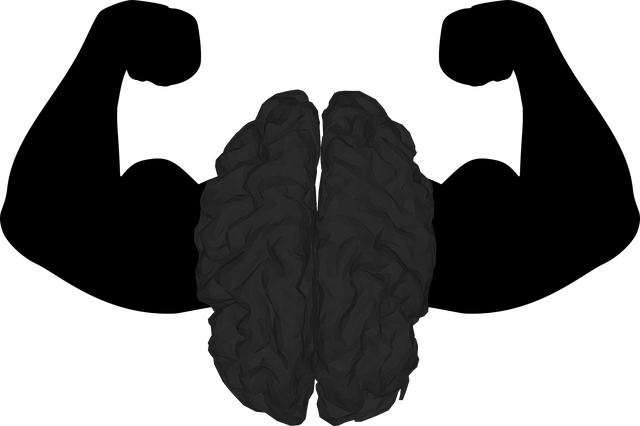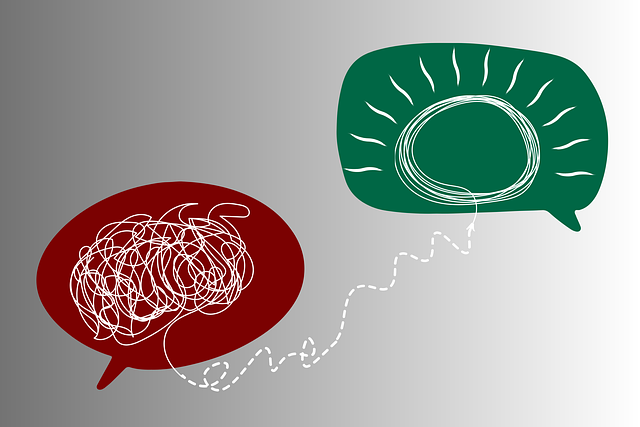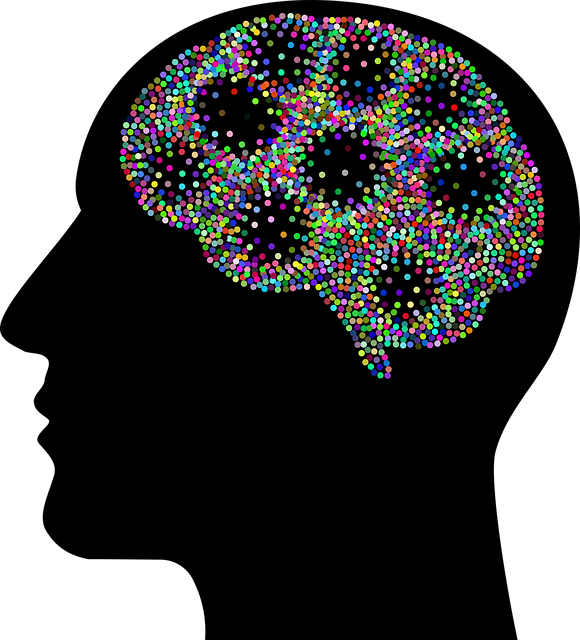Mindfulness meditation emerges as a powerful therapy for adolescent teens with neuro disorders, offering ancient techniques for present-moment awareness and emotional balance. Regular practices reduce stress and anxiety, benefiting teens with conditions like ADHD or autism spectrum disorder. Structured programs, accessible through podcasts, equip teens with lifelong stress reduction methods, improving mental wellness. Skilled healthcare providers create safe spaces and incorporate calming elements to enhance the therapeutic effects, fostering self-regulation and improved life outcomes.
“Unwind your mind, find inner peace—this is the power of mindfulness meditation for teens. This comprehensive guide explores how this ancient practice can be a game-changer for adolescent mental health. From understanding its fundamentals to its remarkable benefits, we delve into techniques tailored for teens and those with neuro disorders. Discover strategies to create a safe space for practice and seamlessly integrate mindful moments into daily routines. Empower yourself or a teen you know to embrace mindfulness as a therapeutic tool for overall well-being.”
- Understanding Mindfulness Meditation for Teens
- Benefits of Meditation for Adolescent Mental Health
- Mindfulness Techniques for Neuro Disorders
- Creating a Safe and Supportive Practice Space
- Integrating Daily Routine with Mindful Moments
Understanding Mindfulness Meditation for Teens

Mindfulness meditation has gained significant attention as a powerful tool for adolescent teens, especially those navigating neuro disorders. It’s an ancient practice that involves focusing one’s awareness on the present moment, non-judgmentally, to achieve mental clarity and emotional balance. For teens with conditions like ADHD or anxiety disorders, mindfulness can be a game-changer.
This therapeutic approach isn’t just about calming the mind; it empowers teenagers to develop better self-awareness and emotional regulation skills. Through structured mental health education programs designed to incorporate mindfulness meditation, adolescents can learn stress reduction methods that will benefit them throughout their lives. Mental wellness podcast series production has also embraced this trend, offering accessible resources for teens interested in exploring mindfulness as a tool for improving their mental health and overall well-being.
Benefits of Meditation for Adolescent Mental Health

Meditation has emerged as a powerful tool for adolescent mental health, offering numerous benefits that can significantly impact young people’s overall well-being. For teens dealing with neuro disorders or struggling with mood management, mindfulness practices can serve as an effective therapy. Regular meditation helps in reducing stress and anxiety levels, which are common challenges faced by adolescents, especially those navigating complex neurodevelopmental conditions.
By incorporating self-care practices into their daily routines, teen can enhance their mental wellness. Meditation teaches them to be present, fostering a sense of calm and emotional regulation. This skill is invaluable for mood management, as it allows individuals to respond rather than react to stressful situations, potentially preventing the onset or exacerbation of symptoms associated with neuro disorders.
Mindfulness Techniques for Neuro Disorders

Mindfulness has emerged as a powerful tool for individuals living with neuro disorders, offering a unique approach to managing symptoms and enhancing overall well-being. For adolescent teens struggling with conditions like ADHD or autism spectrum disorder, mindfulness techniques can provide an effective therapy. This ancient practice encourages a focused awareness on the present moment, helping young minds develop inner strength and cope with challenges.
Through structured mindfulness meditation practices, healthcare providers skilled in cultural competency training can guide teens towards better self-regulation and improved focus. By integrating mindfulness into their routines, adolescents can learn to manage impulsive behaviors, reduce anxiety, and enhance their ability to process emotions. This not only benefits their mental health but also supports academic performance and social interactions, ultimately fostering a more balanced and fulfilling life for teens navigating neuro disorders.
Creating a Safe and Supportive Practice Space

Creating a safe and supportive practice space is paramount for anyone engaging in mindfulness meditation, but it’s especially crucial for adolescent teens navigating neuro disorders. This environment plays a significant role in fostering a sense of security and encouraging regular meditation sessions. For mental health professionals working with this demographic, risk management planning should include strategies to create such spaces. Consider incorporating calming elements like soft lighting, soothing music, or nature-inspired decor to reduce sensory overload and promote relaxation.
Additionally, offering mental wellness coaching programs that teach adolescents how to manage their practice at home can enhance their overall experience. This not only empowers them but also contributes to mental illness stigma reduction efforts by encouraging proactive self-care. By creating a welcoming, supportive atmosphere, teens with neuro disorders can benefit from the therapeutic effects of mindfulness meditation, potentially improving their emotional well-being and coping mechanisms.
Integrating Daily Routine with Mindful Moments

Incorporating mindfulness into your daily routine can be a powerful tool for adolescent teens navigating neuro disorders and seeking therapy. Starting small, with just a few minutes each day, allows individuals to build resilience and develop coping skills that enhance overall well-being. Mindfulness meditation practices encourage teens to focus on the present moment, observing their thoughts and sensations without judgment. This simple act fosters self-awareness, promotes emotional regulation, and can significantly improve mental health outcomes.
By integrating mindful moments into their everyday lives, adolescents can create a sense of calm amidst life’s challenges. Whether it’s taking a few deep breaths during morning routine or practicing body scans before bed, these practices cultivate self-care habits that are essential for building resilience. Over time, mindfulness becomes an accessible tool for managing stress and anxiety, enabling teens to approach their therapeutic journeys with greater clarity and composure.
Mindfulness meditation offers teens a powerful tool for managing stress, improving mental health, and even supporting therapy for those navigating neuro disorders. By integrating mindful moments into daily routines and creating safe spaces, adolescents can cultivate resilience and enhance their overall well-being. This practice encourages teens to focus on the present moment, fostering a sense of calm and self-awareness that can be life-changing.














